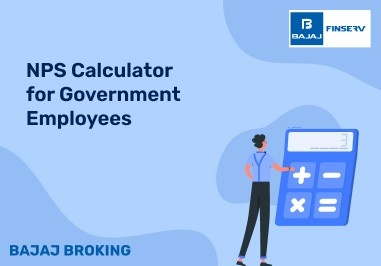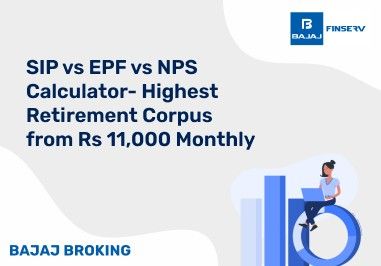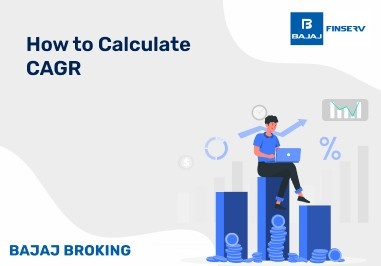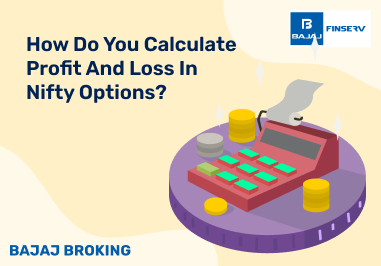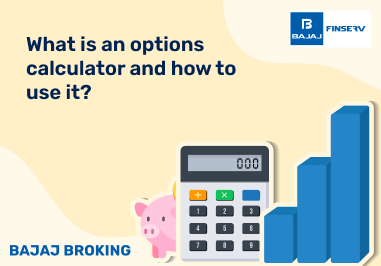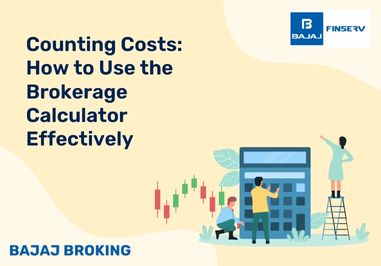What is Trading Volume?
Trading volume is the number of times a security is bought or sold during a particular session. It helps measure market liquidity, determining how easily an investor can enter or exit a trade without significantly impacting the stock price. Higher trading volume typically results in better price stability and reduced spreads between bid and ask prices.
Traders using margin trading facility (MTF) closely monitor trading volume to assess stock movement and volatility. A stock with low volume may experience erratic price fluctuations, making it difficult for traders to execute trades efficiently. In contrast, stocks with high trading volume, such as those listed on the Nifty 50 price index, indicate strong investor interest and reliable price action.
Where Can You Find Trading Volume?
Trading volume is widely available across multiple financial platforms and brokerage portals. Investors can check volume data on stock exchanges, trading platforms, and financial news websites.
Many stockbrokers provide trading volume insights through their online dashboards, helping traders make informed decisions. Key places to track volume include:
- Stock Exchanges – The BSE and NSE provide real-time volume data for listed stocks and indices like the BSE Sensex and Bank Nifty index price.
- Trading Platforms – Most trading account online services display live volume data.
- Technical Analysis Tools – Charting software like TradingView and Bloomberg includes volume-based indicators for analysis.
- Brokerage Portals – Online brokers offer volume charts and historical data to assist in stock research.
Why is Trading Volume Important?
Trading volume is crucial for understanding market trends and liquidity. Higher volume indicates greater interest in a stock, which often leads to more predictable price movements. It also helps traders confirm trends, determine entry and exit points, and assess market sentiment.
For intraday trading, volume plays a key role in identifying short-term trends and volatility. In futures and options trading, high volume signals strong market participation and liquidity, ensuring efficient trade execution. Additionally, volume influences major stock indices such as the Sensex index price and Nifty 50 price, impacting overall market sentiment. Understanding volume patterns helps traders make well-informed investment decisions.
What Does Trading Volume Indicate?
- Liquidity Levels – High volume ensures easier trade execution, while low volume may cause price fluctuations.
- Market Sentiment – Rising volume with price increase signals bullish momentum, while declining prices with high volume indicate bearish trends.
- Breakout Confirmation – Strong volume confirms breakouts above resistance or below support levels.
- Reversal Signals – Sudden spikes in volume may indicate trend reversals.
- Institutional Activity – Large volume surges often result from institutional buying or selling.
- Volatility Measurement – High-volume stocks tend to have lower bid-ask spreads, reducing slippage.
- Strength of Trend – Volume confirms the strength of ongoing trends and potential price movements.
- MTF Trading Suitability – Stocks with high volume are ideal for margin trading facility due to better liquidity.
Volume and Price – How Are They Related?
Volume and price movement are closely linked in technical analysis. Rising prices accompanied by high volume indicate strong bullish sentiment, while falling prices with increasing volume suggest bearish pressure. However, price changes with low volume may indicate weak trends, making them less reliable.
Key Relationships Between Volume and Price:
- High Volume + Rising Price – Indicates strong buying interest and bullish momentum.
- High Volume + Falling Price – Suggests strong selling pressure and bearish sentiment.
- Low Volume + Rising Price – May indicate a weak trend or lack of participation.
- Low Volume + Falling Price – Could signal a temporary correction rather than a major downtrend.
Importance of Volume in the Share Market
Volume is a vital indicator in the share market, providing insights into stock movement and liquidity. Traders and investors use volume analysis to confirm trends and identify potential reversals. High volume stocks offer better price stability, making them preferable for trading strategies such as intraday trading and MTF trading.
Additionally, major indices like the Nifty 50 price and Bank Nifty index price are influenced by overall market volume. Institutional investors closely monitor volume levels to determine entry and exit points in large-cap stocks. Understanding volume trends helps traders make better investment decisions and minimize risk.
Volume in Technical Analysis
Technical analysts use volume-based indicators to assess market strength and predict price movements. Common volume indicators include:
- On-Balance Volume (OBV) – Measures cumulative buying and selling pressure.
- Volume Weighted Average Price (VWAP) – Determines the average price based on volume.
- Accumulation/Distribution Line – Evaluates money flow in and out of a stock.
- Chaikin Money Flow (CMF) – Identifies strength of buying or selling pressure.
Traders in futures and options markets use these indicators to validate trends before executing trades. Volume analysis helps in detecting breakouts, trend reversals, and price momentum in stocks listed under the Sensex index price and other major indices.
Additional Read: What is stock volume?
Conclusion
Volume plays a crucial role in stock market analysis, influencing trading decisions and market sentiment. It helps traders identify strong trends, confirm breakouts, and gauge liquidity. Investors involved in intraday trading, futures and options, or margin trading facility (MTF) closely monitor volume to make informed decisions.
By understanding the relationship between volume and price, traders can enhance their strategies and minimize risk. Volume-based indicators further refine technical analysis, making it an essential component of stock market research. Whether trading in Nifty 50 price, BSE Sensex, or Bank Nifty index price, volume remains a key factor in assessing market activity.


